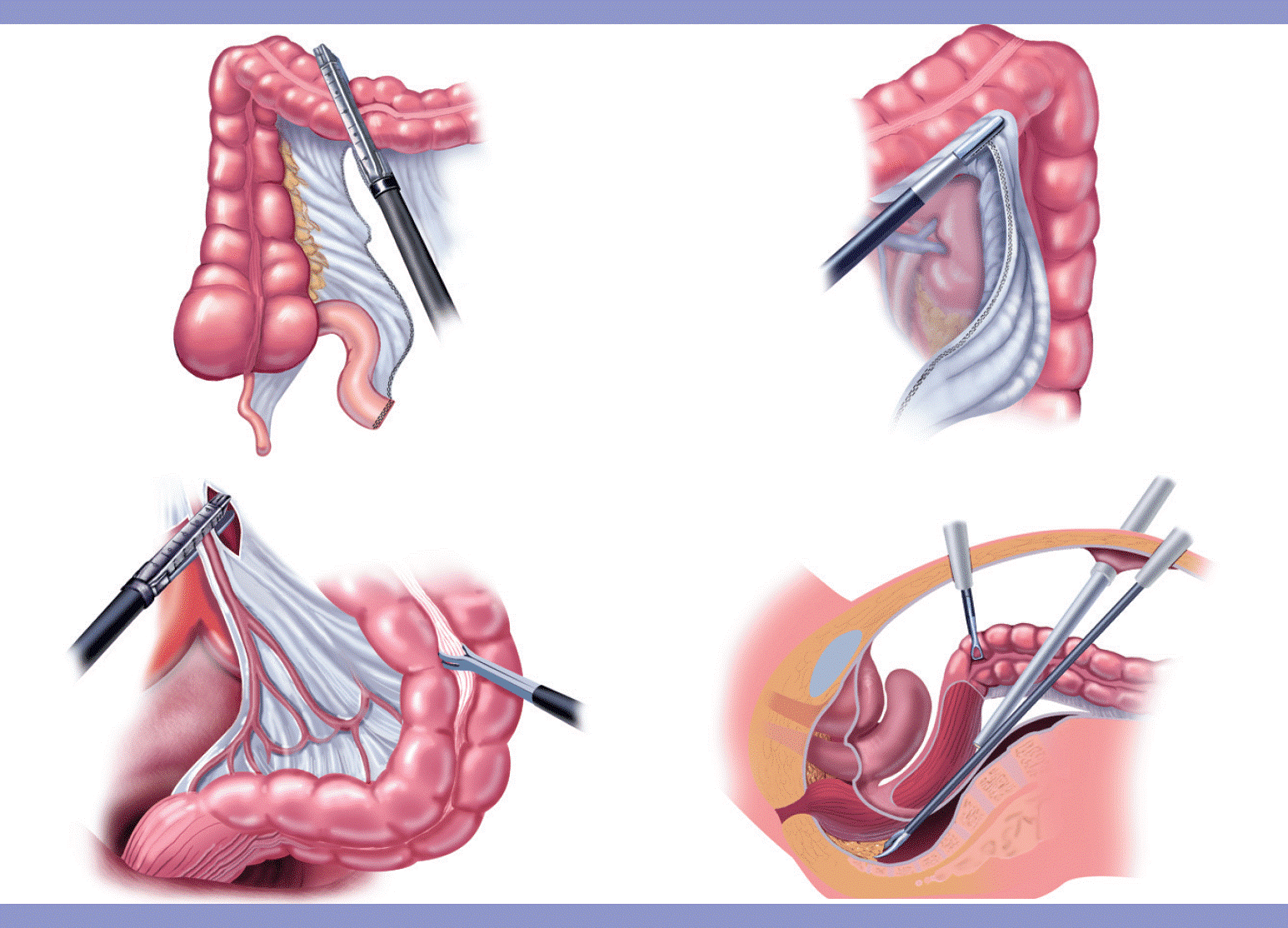
A bowel resection is a surgical procedure in which a portion of the small or large intestine is removed. This surgery is typically performed to treat diseases or conditions affecting the intestines, such as blockages, infections, or cancer. Here’s a closer look at when surgery is needed, what the procedure entails, and why opting for a private practice general surgeon might offer distinct advantages over a larger organization.
What is a Bowel Resection?
Bowel resection, also known as partial colectomy or small bowel resection, involves the removal of a diseased or damaged part of the intestine. After the affected segment is removed, the remaining healthy sections are reconnected. The goal is to restore normal bowel function, alleviate symptoms, and prevent further complications from diseases or conditions affecting the digestive tract.
There are two types of bowel resection:
1. Small Bowel Resection: Removal of a portion of the small intestine.
2. Large Bowel Resection (Colectomy): Removal of part of the large intestine (colon).
When is a Bowel Resection Needed?
A bowel resection may be necessary for a variety of medical conditions, including:
– Colon Cancer: If cancerous tumors are present in the colon, removing the affected portion can prevent the spread of the disease and improve survival outcomes.
– Diverticulitis: Chronic or severe inflammation of small pouches in the colon wall can lead to recurrent infections, bleeding, or perforation, often requiring surgery.
– Crohn’s Disease: In cases where medication and non-invasive treatments are ineffective, surgery may be needed to remove damaged sections of the intestine.
– Bowel Obstruction: Blockages in the intestines, whether from scar tissue, tumors, or strictures, may require a resection to restore bowel function.
– Ulcerative Colitis: For patients with severe cases of this inflammatory bowel disease, a bowel resection may be a last resort when other treatments have failed.
– Trauma: Injuries to the abdomen or intestines may necessitate surgical intervention to remove damaged tissue and prevent infection or further complications.
The Surgical Procedure
Bowel resection can be performed using one of two surgical methods:
1. Open Surgery: A large incision is made in the abdomen to access the intestines.
2. Laparoscopic Surgery: Minimally invasive, using small incisions and specialized instruments, often leading to faster recovery and less postoperative pain.
After the diseased section is removed, the two healthy ends of the intestine are sewn or stapled together (anastomosis). In some cases, a temporary or permanent colostomy or ileostomy is needed, where the intestine is diverted to an opening in the abdominal wall.
Why Choose a Private Practice General Surgeon?
When considering a major procedure like a bowel resection, the choice of surgeon and facility can make a significant difference in your overall experience and outcome. Here are some reasons why opting for a private practice general surgeon may offer advantages over a larger, more corporate healthcare organization:
1. Personalized Care
Private practice surgeons often have more flexibility in providing individualized care. They typically manage smaller patient loads compared to surgeons in larger systems, allowing them to spend more time with each patient. This ensures thorough preoperative consultations and more attention to post-operative care, tailored specifically to your needs.
2. Continuity of Care
In a private practice setting, you are more likely to see the same surgeon and care team throughout your treatment journey. This continuity fosters better communication and a strong patient-doctor relationship, making it easier to address concerns, manage post-surgery recovery, and adjust treatment plans as needed.
3. Focused Expertise
Private practice surgeons are often highly specialized in their field and frequently handle specific types of surgeries like bowel resections. Their expertise in these areas can lead to better surgical outcomes, particularly with complex procedures. Moreover, private surgeons tend to stay at the forefront of the latest surgical techniques, such as minimally invasive and laparoscopic options.
4. Faster Scheduling and Shorter Wait Times
One major advantage of choosing a private practice is quicker access to surgery. Larger hospital networks often experience long wait times for consultations and surgical procedures due to higher patient volumes. Private practices, with their streamlined processes, can often get patients scheduled and treated faster, minimizing the stress and discomfort of prolonged waiting.
5. Patient-Centered Environment
Private practices often offer a more intimate and supportive environment. The administrative staff is usually more focused on patient care rather than navigating the complexities of a large healthcare bureaucracy. This can mean better communication, fewer billing issues, and a smoother overall experience.
If you are facing the need for a bowel resection, selecting a private practice general surgeon offers many advantages, from personalized attention to faster recovery times. At our practice, we are committed to providing expert care in a compassionate, patient-centered environment. With years of experience in complex surgeries like bowel resections, our team is dedicated to ensuring the best possible outcomes for every patient.
If you have questions or would like to schedule a consultation, contact us today to discuss your options. (770) 704-6101
